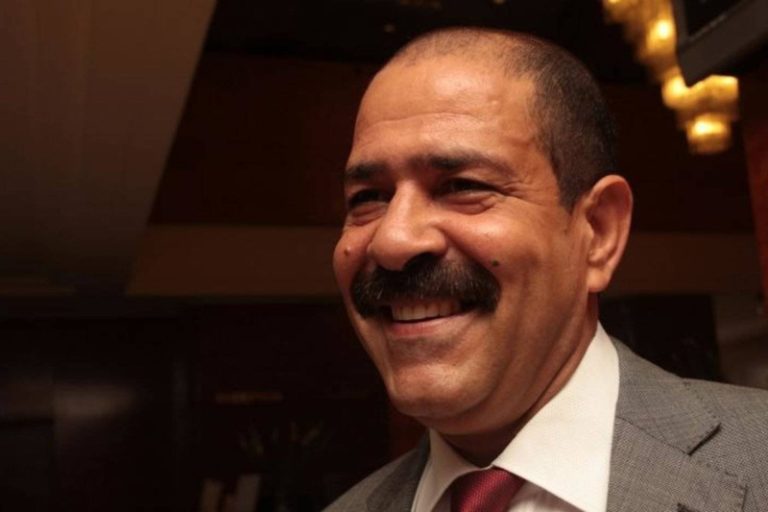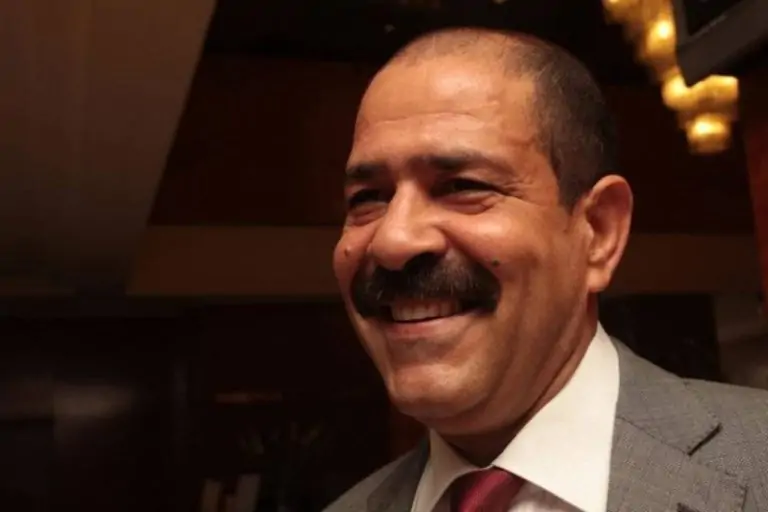

justice served four sentenced to death in murder of tunisian politician
In a landmark ruling, a Tunisian court has handed down sentences in the high-profile case of Chokri Belaid’s assassination. The verdict, which saw four individuals sentenced to death and two to life imprisonment, marks a significant step towards justice for the slain politician and his family. Belaid’s murder in 2013 sent shockwaves through Tunisia, triggering widespread protests and political upheaval.
The reopening of the case last month, following the arrest of a former investigating judge, shed new light on the circumstances surrounding Belaid’s death. Two dozen defendants were ultimately charged in connection with the assassination, highlighting the complexity of the investigation and legal proceedings. While some defendants were acquitted and others received varying sentences, the court’s decision sends a strong message that acts of political violence will not go unpunished in Tunisia.
Chokri Belaid‘s legacy as a vocal critic of Ennahda, the Islamist party in power at the time of his assassination, remains a poignant reminder of Tunisia’s turbulent transition to democracy. Belaid’s supporters accused Ennahda of failing to address extremism effectively, exacerbating tensions in the aftermath of his death. The classification of Ansar al-Sharia as a terrorist group and the prosecution of its members underscored the government’s
The assassinations of Chokri Belaid and other political figures plunged Tunisia into a period of uncertainty, challenging its transition from dictatorship to democracy. The subsequent unrest underscored the fragility of the country’s political landscape and the need for robust institutions to safeguard democratic principles. However, the legal proceedings and convictions in Belaid’s case represent a significant milestone in Tunisia’s quest for justice and accountability.
The court’s verdict brings a measure of closure to the families of the victims and serves as a deterrent against future acts of political violence. While the road to justice has been long and arduous, the outcome of the trial reaffirms Tunisia’s commitment to upholding the rule of law and protecting its citizens from harm. Moving forward, the country must continue to address the underlying socio-political issues that contribute to instability and extremism.
As Tunisia navigates the complexities of its democratic transition, ensuring transparency, accountability, and respect for human rights will be paramount. The successful prosecution of those responsible for political assassinations sends a clear message that impunity will not be tolerated in Tunisian society. By upholding the principles of justice and democracy, Tunisia can forge a path towards a more inclusive and prosperous future for all its citizens.
The U.S.-based driver training company Zutobi analyzed road safety worldwide and found South Africa stays last in driving danger since…
The Basketball Africa League (BAL) returns for its 2025 season with exciting changes and developments. Since 2019 the NBA-linked basketball…
The Somali president supports their military forces to eliminate the threats from Al-Shabaab, ISIS, and Al-Qaeda. The Somali National Army…
UAE President Sheikh Mohamed bin Zayed Al Nahyan held talks with President Faustin Archange Touadéra of the Central African Republic…
African football teams struggle intensely in the World Cup Qualification rounds to earn their place on the international football stage.…
The journey toward the 2026 FIFA World Cup is rapidly intensifying for all African teams, who now hold a historical…
This website uses cookies.